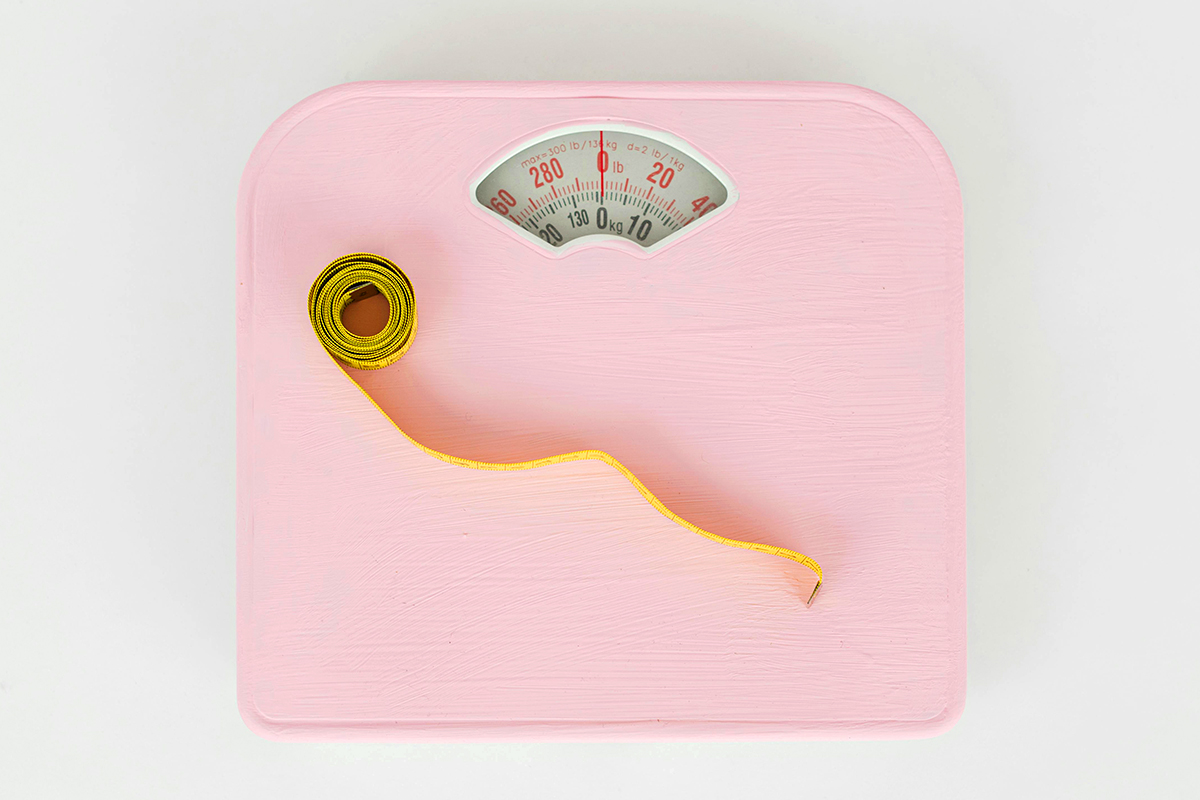I’m a 42-year-old mom staring down perimenopause. As I think about aging (and my parents’ aging), I’m starting to wonder about activities that can positively impact long-term health. My sister has recently started spending 20 minutes in a sauna each day and has gotten our father to do the same. She has read that 20 minutes of daily sauna provides a number of meaningful health benefits. Is that what the data says? If so, what are they?
—Anonymous
Activities like spending time in a sauna, or sauna bathing as it is called in the medical literature, is the type of activity we really want to have health benefits. It feels like a treat, so convincing people to do it regularly is pretty easy. It also feels too good to be true — I am engaging in this relaxing activity for my health!

There is published data regarding sauna bathing. This review does a good job of summarizing the evidence. The medical literature focuses specifically on Finnish sauna bathing. This is the type of sauna where you go into a room lined with wood slats kept within very specific environmental parameters. The temperature of the heating element in the room is 80 to 100 degrees Celsius (176 to 212 degrees Fahrenheit), and the humidity is 10% to 20%. None of the data looked at at-home devices like sauna blankets.
The best evidence for sauna bathing is its effects on blood pressure. Several studies show that systolic blood pressure — the top number in blood pressure readings — is reduced both immediately after and for about 24 hours after sauna bathing. Researchers theorize that the increased heart rate that people experience while sauna bathing signals the blood vessels to relax, similar to what happens during exercise.
However, the studies are either observational, showing an association between sauna bathing and lower blood pressure, or they are quite small. The study subjects typically had some increased risk for cardiovascular disease. Additionally, the blood pressure reductions seen with sauna bathing were small, just 7 mmHg (millimeters of mercury, a unit of pressure measurement) on average in one randomized trial, and there is no data that the effects last longer than 24 hours.
One study on sudden cardiac death followed more than 2,300 Finnish men for more than 20 years. The researchers found that men who engaged in sauna bathing four to seven times per week and for more than 19 minutes per session were significantly less likely to experience sudden cardiac death than the men who sauna bathed less than once per week.
But because this study is observational, the men who sauna bathe more often and for longer may differ from the men who do so less often, in important ways. They may have more leisure time, for example, or have more access to a sauna — perhaps an indicator of their economic status. They may be more likely to engage in other healthy activities, like exercise.
The upshot: There is some evidence that Finnish sauna bathing reduces blood pressure and risk of sudden cardiac death in people with increased risk for cardiovascular disease. If you enjoy sauna bathing, there is no reason not to do it, but the health benefits are less clear and any effects are likely small.
Community Guidelines















Log in